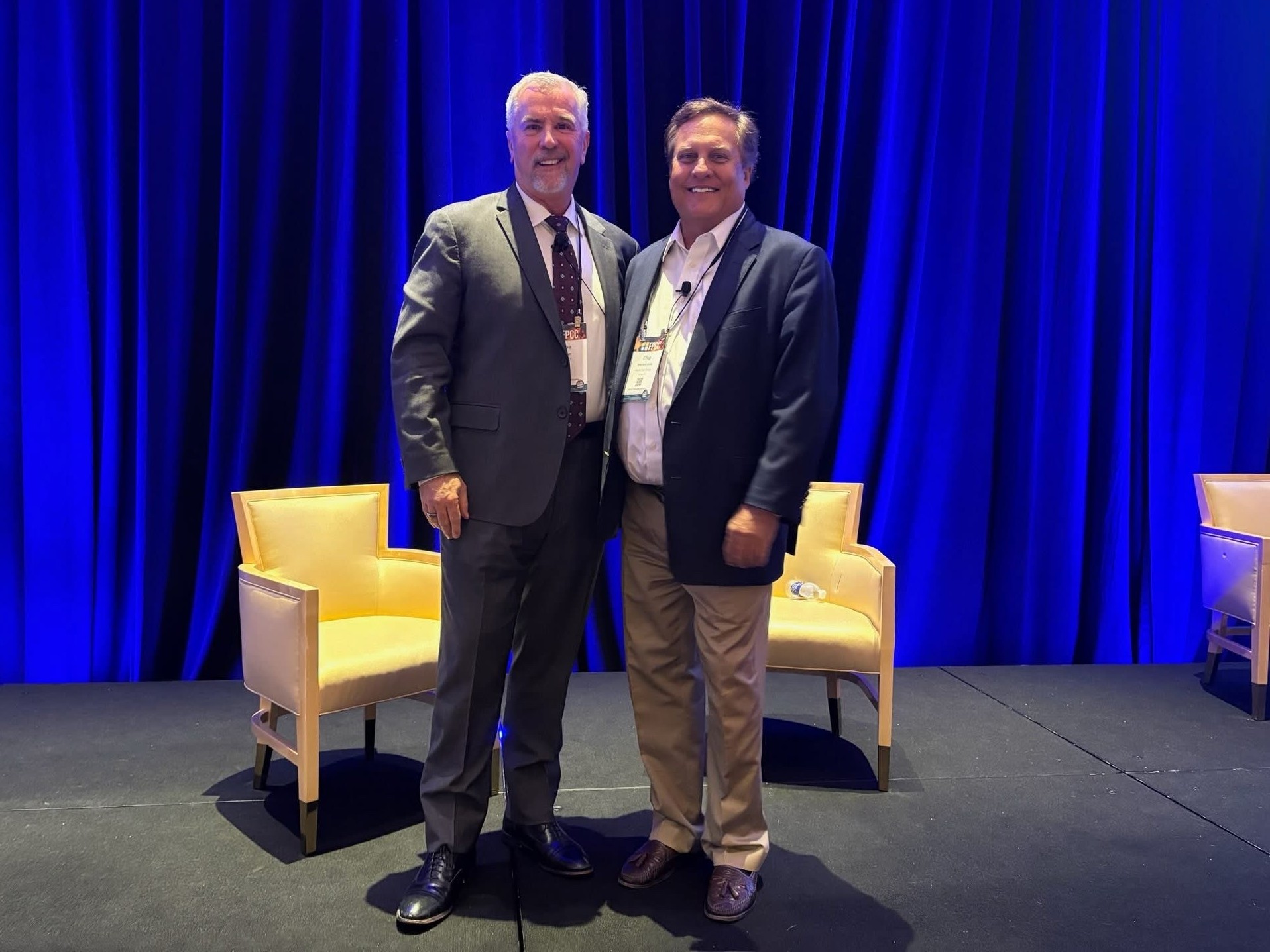Insurance policyholders do not read the insurance policies that are sold to them. The insurance contracts are not even provided to the policyholder until after the product is purchased. The vast majority of policyholders rely upon and trust their licensed insurance agents to provide them the best coverage at the best affordable price without having any idea what “best coverage” entails and without being warned how unaffordable less expensive insurance can truly be if a loss ensues. Most of the time, no loss occurs. But when it does……
This topic has been on my mind because of an excess flood policy sold to a client who never received the actual excess policy terms. The producing agent only had a declaration page and not the excess policy form to provide to his customer. I still cannot determine from the declaration page and any other document who the actual excess carrier is because the “insurer” is listed as a well-known brand name for an insurance group and not the actual insurance company in that group.
In Insurance Policies Are Adhesion Contracts and Not Bargained For, I noted how the late Doug Houser’s insurance client simply re-wrote a policy provision to prevent coverage of a future loss. Houser noted that his client’s change of policy language “withstood many challenges.” I doubt Houser’s client advertised the impact of that changed language to potential customers or agents selling the product. Regardless, only judges and insurance law practitioners would probably appreciate the significance of a few re-drafted words to a policy.
Insurance law professor Michelle E. Boardman has argued insurers do not draft policy language for their customers but for courts when claims disputes occur:
Given how rarely insurance policy language is read, even by sophisticated commercial policyholders, who mostly rely on a broker’s description, it seems unlikely that policy language is meant to convince would-be policyholders of road coverage. In fact, one would expect that an attempt to lure in new policyholders with truly incomprehensible language would fail. Evidence supports the proposition advanced here, that the insurers’ audience from start to finish is the courts, a practice that leaves policyholders by the wayside, and one that courts unwittingly encourage.1
An insurance agent educator, Bill Wilson, wrote the following “tell all” about those working in the insurance industry selling insurance:
There are many outstanding P&C insurance agents in the industry. These are people with an historical perspective of the industry, that understand that our industry’s primary mission is to assist consumers and organizations in minimizing their exposure to serious or catastrophic financial loss. These are men and women who engage in life-long, quality education and abide by the highest professional and ethical standards. They read and understand the insurance policies they sell and service. Sadly, they may represent a minority of agents.
There are far too many who:
• Don’t read policy forms because they don’t care (apathy or price focus);
• Don’t read policy forms because they don’t think there’s really any difference (the “Insurance is a Commodity” myth);
• Don’t read policy forms because they believe they don’t have the time or it wouldn’t be a productive investment of time;
• Don’t read policy forms because they’ve never been trained to read, understand, and interpret insurance contracts;
• Can’t read policy forms (due to functional illiteracy?);
• Read but can’t or don’t understand policy forms;
• Read and THINK they understand policy forms but are not adequately tested by traditional educational and training approaches; or
• Read and perhaps understand policy forms but can’t apply them to real-life coverage or claims scenarios.By far, the worst class of agent is the one that, for whatever reason, doesn’t read the forms they sell or service. Direct sales and captive agents really have no excuse since they have a limited set of policy forms to learn. In the case of independent agents, too many simply enter information into a comparative rating system that spits out a list of insurers and premiums with total disregard to the differences in coverages between the products and the standards of service provided by the insurers. Worse are those that are simply apathetic and likely working in the wrong industry.1
If the insurance companies do not provide the contracts in advance, do not advertise the significance of subtly written words to the contracts and use a system of selling insurance where the majority of the agents do not read or understand what they are selling, is there any wonder why policyholders need active, informed and passionate regulators at the various departments of insurance?
I pose this not just as a hypothetical but as a demonstration to, and an invitation for, policymakers to understand how important the insurance regulators’ role is to making the insurance product and system work. Right now, the system is not working for many people, and for numerous complex reasons.
One reason is that policy language is being changed to allow some insurers to gain a market advantage over others by allowing those subtle language changes. This is nothing but a race to the bottom because the customer (and even the agent, per Wilson) does not appreciate that the quality of insurance coverage is largely determined by subtle differences in policy wording.
Insurance industry executives seem largely unaware of or not critically examining how this type of competition caused by policy re-writing is creating huge distrust among their customers. My clients, commercial and residential, are asking if having property insurance is really worth it after being explained the impact of policy language and court rulings regarding the same.
We have to do better. If you believe in the insurance product, we have to have crucial dialogue and change.
To uphold our firm’s trademark, The Policyholder’s Advocate®, Merlin Law Group pledges to intensify our advocacy in 2025. We will strengthen our presence and efforts at NAIC meetings, state legislatures, and Congressional sessions addressing National Flood Insurance reform. We commit to supporting those enlightened regulators who strive for a balanced insurance product and are dedicated to fair policyholder protection. Through continued dialogue with forward-thinking industry representatives like Steve Badger and his colleagues, we will document progress, champion systemic improvements, and rally others to advance meaningful insurance reform.
I hope you will join me with a similar 2025 New Year’s resolution.
Thought For The Day
“Do what you can, with what you have, where you are.”
—Teddy Roosevelt
1 Contra Proferentem: The Allure of Ambiguous Boilerplate, 104 Mich. L. Rev. 1105, 1107 (2006).
2 Bill Wilson, When Words Collide: Resolving Insurance Coverage and Claims Disputes, at 45-46 (2018).




